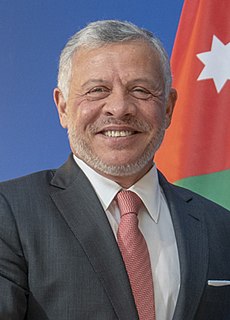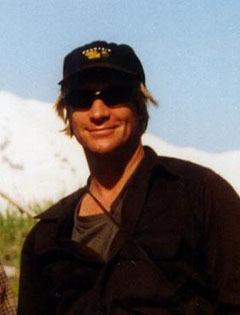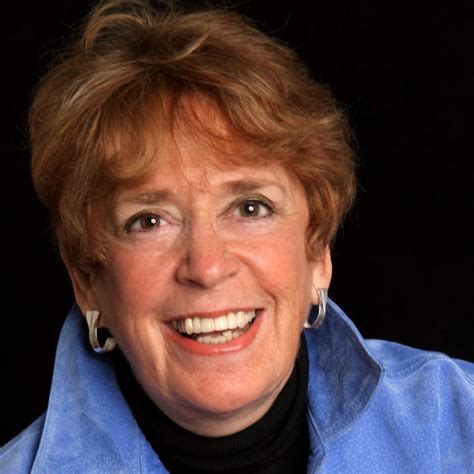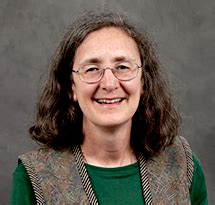A Quote by Margaret Warde
how to divide ourselves fairly between ourselves and the rest of the world is the hardest question we ever have to answer.
Related Quotes
How do we define, how do we describe, how do we explain and/or understand ourselves? What sort of creatures do we take ourselves to be? What are we? Who are we? Why are we? How do we come to be what or who we are or take ourselves to be? How do we give an account of ourselves? How do we account for ourselves, our actions, interactions, transactions (praxis), our biologic processes? Our specific human existence?
The answer to the nature of our existence is somewhere in the middle, and that, of course, is what we're looking for: how to see ourselves in a new picture of ourselves and understand the questions that humans have asked forever, "Who are we, how did we get here, where are we going, and what's the nature of this reality that we're in?"
To have humility is to experience reality, not in relation to ourselves, but in its sacred independence. It is to see, judge, and act from the point of rest in ourselves. Then, how much disappears, and all that remains falls into place. In the point of rest at the center of our being, we encounter a world where all things are at rest in the same way. Then a tree becomes a mystery, a cloud a revelation, each man a cosmos of whose riches we can only catch glimpses. The life of simplicity is simple, but it opens to us a book in which we never get beyond the first syllable.
When we find ourselves devoid of passion and purpose, the first thing we need to do is stop. But that's not easy. The rest of the world is zooming by at full speed. Left alone with ourselves, without a project to occupy us, we can become nervous and self-critical about what we should be doing and feeling. This can be so uncomfortable that we look for any distraction rather than allowing ourselves the space to be as we are.
Why should we girls not have the same privileges as men? Why do we police ourselves so stringently- whittling each other down with cutting remarks or holding ourselves back from greatness with a harness woven of fear and shame and longing? If we do not deem ourselves worthy first, how shall we ever ask for more?
The world is not something separate from you and me; the world, society, is the relationship that we establish or seek to establish between each other. So you and I are the problem, and not the world, because the world is the projection of ourselves, and to understand the world we must understand ourselves. That world is not separate from us; we are the world, and our problems are the world's problems.


































